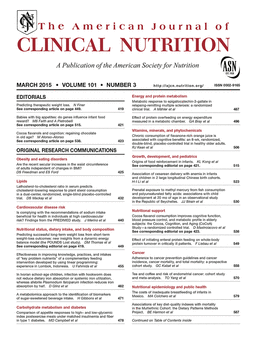
METABOLIC DISORDERS
Osteoporotic fracture rate not significantly improved by vitamin B-12 or folic acid intake
This report has been verified
by one or more authors of the
original publication.
Am J Clin Nutr. 2014 Dec;100(6):1578-86.
2919 elderly hyperhomocysteinemic patients at risk for osteoporotic fractures were randomized to receive daily oral supplements containing 500 mg vitamin B-12, 400 mg folic acid and 600 IU of vitamin D3 or a placebo supplement containing only vitamin D3. The purpose of this study was to investigate whether the intake of vitamin B-12 and folic acid impacted the time to first osteoporotic fracture and if adverse events occurred from its consumption. The results indicated that there was no significant difference in the time to first osteoporotic fracture occurrence between the two groups. Compliant patients over 80, however, displayed an improved fracture rate when compared to placebo. It was also noted that but the supplement-receiving group had a greater incidence of cancer development during the course of the trial, however, further studies are needed to evaluate the effect of these supplements on cancer incidence.
Unlock the full ACE Report
You have access to {0} free articles per month.Click below to unlock and view this {1}
Unlock NowCritical appraisals of the latest, high-impact randomized controlled trials and systematic reviews in orthopaedics
Access to OrthoEvidence podcast content, including collaborations with the Journal of Bone and Joint Surgery, interviews with internationally recognized surgeons, and roundtable discussions on orthopaedic news and topics
Subscription to The Pulse, a twice-weekly evidence-based newsletter designed to help you make better clinical decisions
Exclusive access to original content articles, including in-house systematic reviews, and articles on health research methods and hot orthopaedic topics
Or upgrade today and gain access to all OrthoEvidence content for just $1.99 per week.
Already have an account? Log in


Subscribe to "The Pulse"
Evidence-Based Orthopaedics direct to your inbox.
{0} of {1} free articles
Become an OrthoEvidence Premium Member. Expand your perspective with high-quality evidence.
Upgrade Now













































































